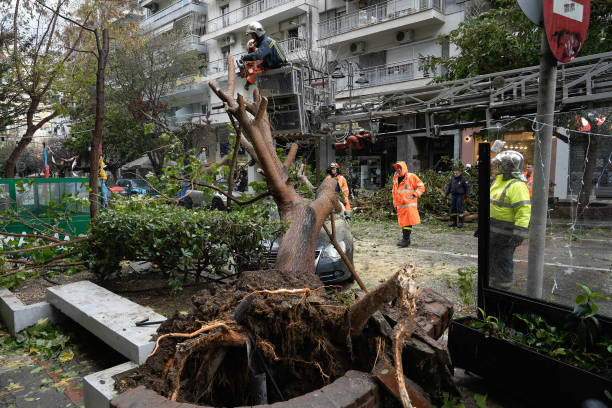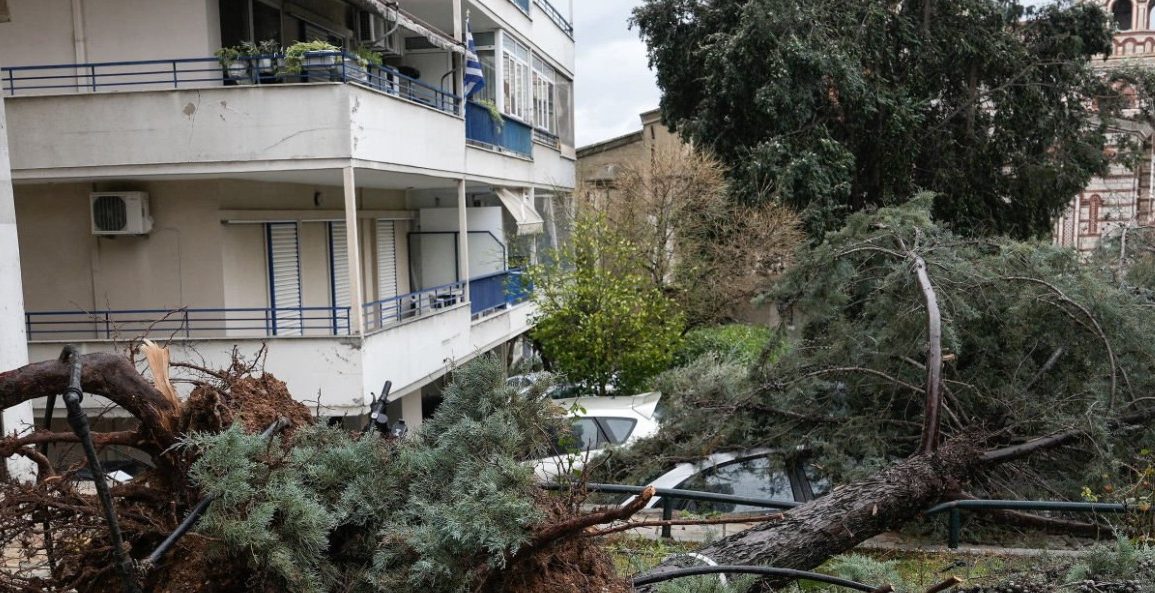Storms and severe weather events have caused chaos worldwide over the past week, with Greece, Australia, and South America grappling with significant damage and disruption.
In Greece, Storm Bora struck the eastern islands of Rhodes and Lemnos over the weekend, unleashing torrential rain, intense thunderstorms, and winds reaching 80 mph (129 km/h).
Rhodes faced a deluge of 300 mm of rain, resulting in flash floods, power outages, and infrastructure damage. Tragically, three lives were lost.
Authorities declared a state of emergency, anticipating more rain in the coming days. The storm’s formation followed Storm Alexandros, which had already battered the region in November, marking December as a historically wet period for Greece.
Meanwhile, Australia has experienced an unusually wet start to summer, with severe thunderstorms sweeping across eastern regions.
Cities like Sydney, Brisbane, and Victoria bore the brunt of the storms, which brought heavy rainfall and large hailstones.
In just one hour, Brisbane recorded 40 mm of rain, leading to flash flooding. Queensland faced over 200 mm of rainfall in 24 hours, while Sydney experienced 25 mm in an hour.

Meteorologists attribute the storms to unstable air and warmer-than-average sea surface temperatures, creating ideal conditions for frequent thunderstorms.
Above-average rainfall will persist across eastern and northwestern Australia in the coming weeks.
South America also felt the impact of extreme weather, as a cyclone along Uruguay’s coast triggered severe thunderstorms.
Brazil’s southern state of Rio Grande do Sul suffered extensive damage, with winds exceeding 50 mph and power outages affecting approximately 3 million residents.
At least 50 injuries and significant structural damage were reported across Brazil, Uruguay, and Argentina.
As these regions recover, meteorologists warn of continued adverse weather conditions, urging vigilance and preparedness.
These events underline the global challenges posed by increasingly severe and unpredictable weather patterns.

